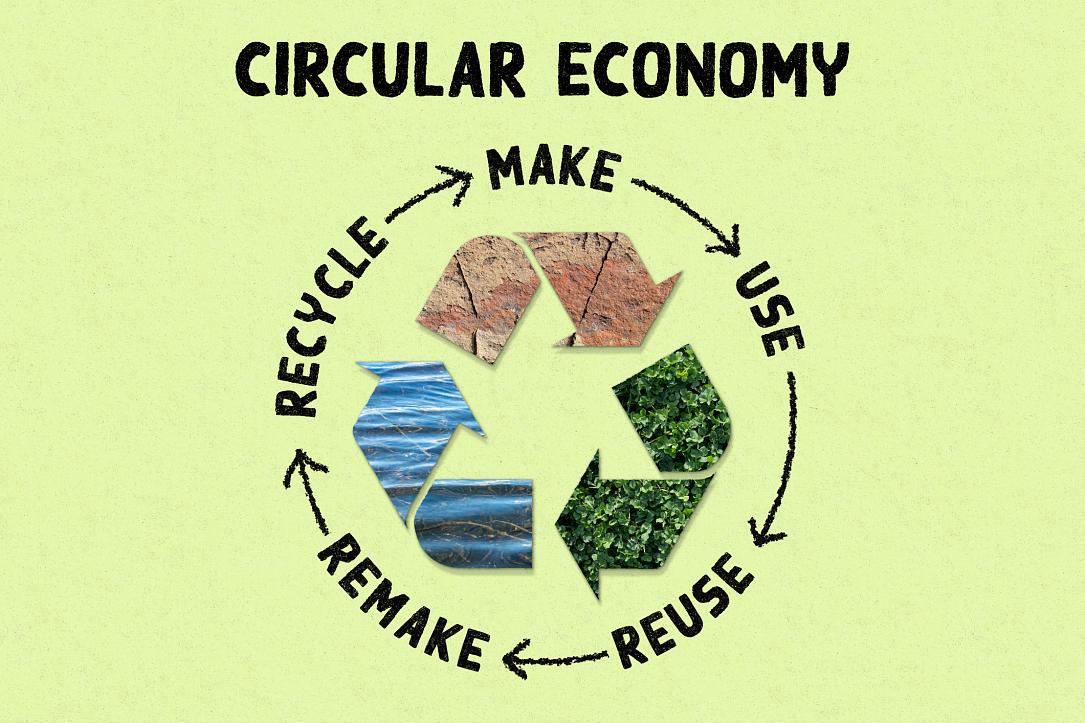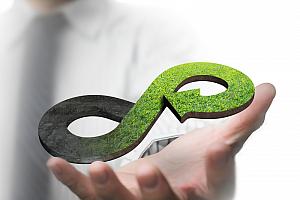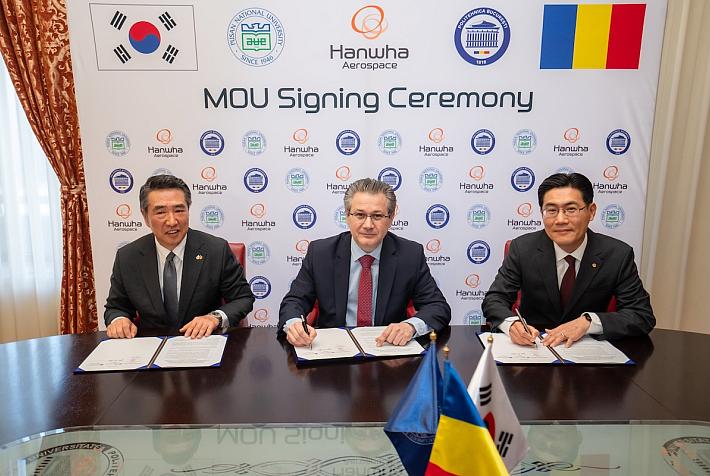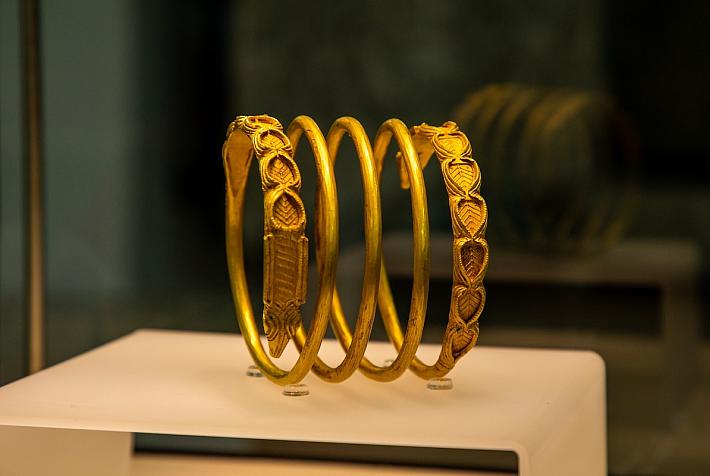Romania's Govt. to give EUR 200,000 incentives for circular economy projects

The Romanian Government recently approved the creation of a new mechanism for granting financial support of up to EUR 200,000 to companies developing circular economy projects.
A circular economy favors restorative or regenerative industrial processes and economic activities, creating durable products and aiming to reduce waste. According to the US Environment Protection Agency, a circular economy “reduces material use, redesigns materials to be less resource intensive, and recaptures waste as a resource to manufacture new materials and products.”
The Government's financial support mechanism is meant to help develop new industrial sectors that operate according to the principles of a circular economy. It also aims to better preserve existing resources, and reduce pollutive waste. At the same time, the research and development component of the project will seek to provide participating companies with a competitive advantage, increasing efficiency through digitalization.
“Sustainable development implies, among other things, the transition to a circular economy. This is one of the objectives that our country set for itself as a member state of the European Union. We need a national strategy adapted to the realities of the Romanian economy, but also a way to stimulate the industry to go through this transition. That is why, in today's Government meeting, we approved a financial support mechanism for the manufacturing industry through the Circular Economy Transition Program,” economy minister Florin Spătaru said, cited by Economedia.ro.
The mechanism will give companies that want to invest in projects that reduce waste and lead to an integrated production chain grants between EUR 15,000 and EUR 200,000 for a period of up to 16 months. Funds will come out from the state budget and cover 85% of the cost of the projects.
Companies that wish to receive the incentives can carry out technology transfer activities for the consolidation of the circular economy, and research new ways in which their activities can promote the principles of a circular economy. They can also establish and equip centers for waste recycling or for the repair and refurbishing of goods.
(Photo source: Hollyharryoz | Dreamstime.com)












